Election 2025: The rocky Bullwinkel show: tight fight for key new seat
The politics of Bullwinkel is a bit like Belgium and its languages: three distinctly different areas with distinctly different political leanings.
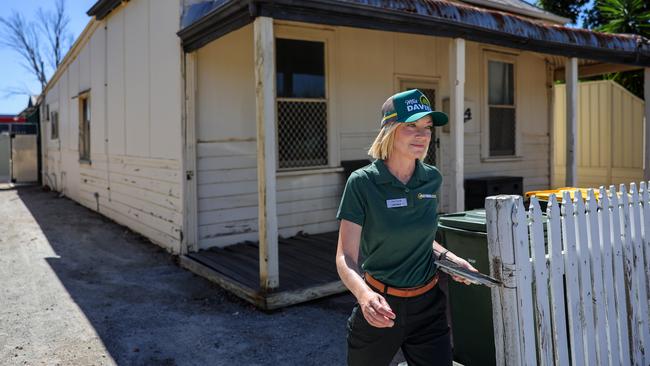
Mia Davies has only just introduced herself as the Nationals candidate for the new seat of Bullwinkel when the resident asks her a question she’s heard more than a few times while doorknocking across the electorate: “Where did this name come from?”
“All it makes me think of is that stupid American cartoon,” Ms Davies says, referring to the 1960s show Rocky and Bullwinkle.
The three key candidates for the seat have all become adept at telling the story of Vivian Bullwinkel, the World War II nurse who was the sole survivor of the Banka Island massacre.
And all three have an affinity with the seat’s namesake: Ms Davies, a military history buff, knew Vivian Bullwinkel’s story well and has met friends and relatives of the war hero. Former soldier and current RSL director and Liberal candidate Matt Moran shares a veteran’s bond with her, while Labor’s Trish Cook – like Bullwinkel herself a nurse – describes her as the Florence Nightingale of Australia.
The prospect of becoming the first MP to hold the seat named after Vivian holds special significance for all three and has added another element to a race that shapes as one of the most intriguing of the upcoming election.
It is a seat that carries especially high stakes for all three parties. The Liberals are desperate to claw back some of the ground lost in Western Australia in 2022, Labor’s hopes of hanging on to majority government hinge on holding on to those gains, while the Nationals see it as their best chance – albeit a long one – of finally re-establishing a federal presence in WA.
Bullwinkel is an unusual name for an unusual seat. It is a Frankenstein’s monster pieced together with chunks carved out of six existing federal seats, and straddles vastly different socio-economic and geographic areas.
The politics of Bullwinkel is a bit like Belgium and its languages: three distinctly different areas with distinctly different political leanings. The foothills, or flats, take in suburbs such as Forrestfield, Bellevue and High Wycombe, and are a lower socio-economic strip that is traditional Labor territory.
Ms Cook was raised in state housing not far from that area. The hills themselves have typically been Liberal-held at a state level, and the seat of Kalamunda that takes in much of that area was one of the few to return to the Liberals in the recent state election.
The vast majority of the seat – in terms of geography, but certainly not population – is rusted-on Nationals territory stretching out to the rural towns such as Northam and York.
From Mundaring’s Cafe Mojo, in the middle of Bullwinkel, business owner Ronald Colijn gets a good read of the mood of the electorate. The number of customers coming through his door remains the same, but the amount they spend is less. He has introduced smaller, cheaper portions but has also had to let go of some staff.
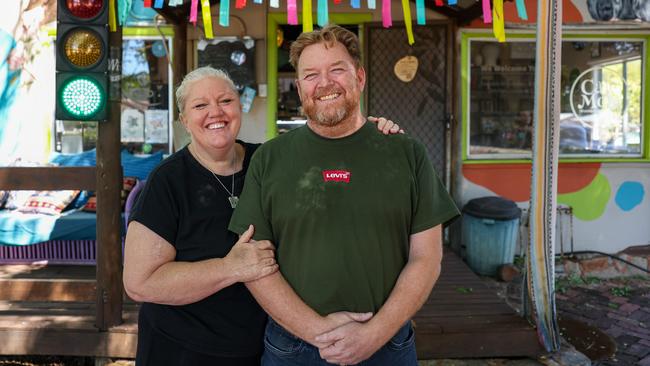
Mr Colijn says he gets the sense that people in the area want something more from the government.
“There’s a lot of people who want to change. There’s a lot of people who do not think Australia is going forwards, is going backwards,” he said.
The seat is notionally Labor-held, the Nationals have the highest-profile candidate, and the Liberals are the favourites with the bookies. All three candidates say they have picked up the same theme while doorknocking. The cost of living is the No. 1 issue.
Mr Moran, born and raised in Kalamunda, says the Albanese government’s “appalling” decision to ban live sheep exports will ruin livelihoods in parts of the electorate and has hurt Labor’s standing. “Anthony Albanese and Labor are completely on the nose, and people aren’t happy,” he said.
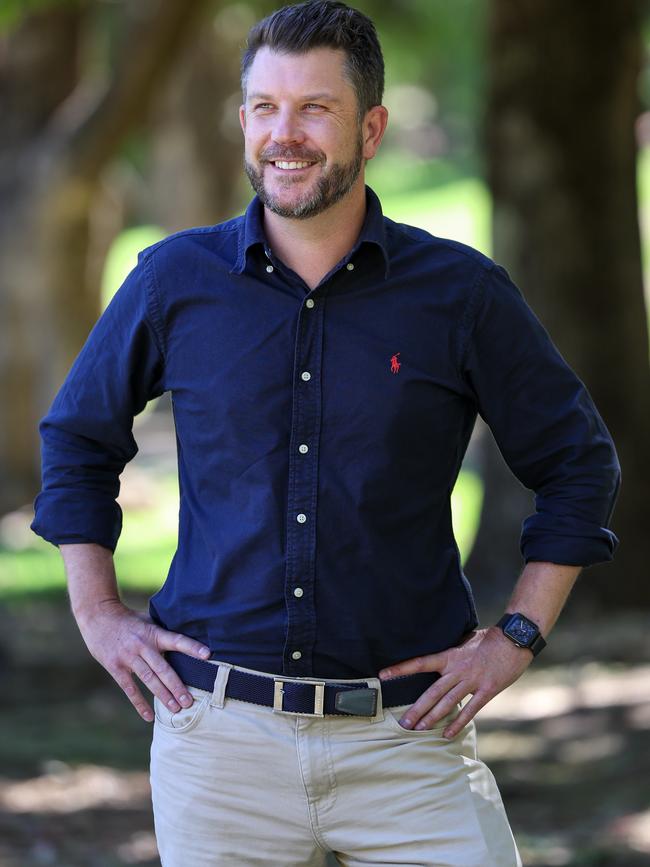
“They feel that he’s a weak leader, and they want strong leadership, and they want a vision. They want people that have pragmatic solutions to their problems, and I just don’t think that Labor’s delivering for Bullwinkel.”
The Liberal candidate used to be a journalist and worked as a media adviser to then-prime minister Malcolm Turnbull, although Turnbull’s descent into a persona non-grata of the Liberal Party means that experience may not look as good on Mr Moran’s CV as it once did. “I’m a Liberal, and when I was asked to serve the Liberal prime minister of the day, I said yes, because it’s a great experience and it’s a great honour to work for a prime minister,” he said.
The focus on healthcare in Labor’s campaign dovetails nicely with Ms Cook’s nursing background. “People have told me they’ve been putting their health on the back burner because of the cost-of-living pressures, and that’s exactly what I don’t want to happen. As a nurse, you want to treat things early and prevent things from escalating,” she said.
Asked if voters blamed the government for those cost pressures, Ms Cook said most people understood the issues were a global problem, post-pandemic. “They’re not particularly blaming the government, because they can see that the government understand and are doing something about it. The electricity credits have gone down very well,” she said. She acknowledges that the sheep export ban has not helped her chances, although she says those who are passionate about the issue are not in the majority.
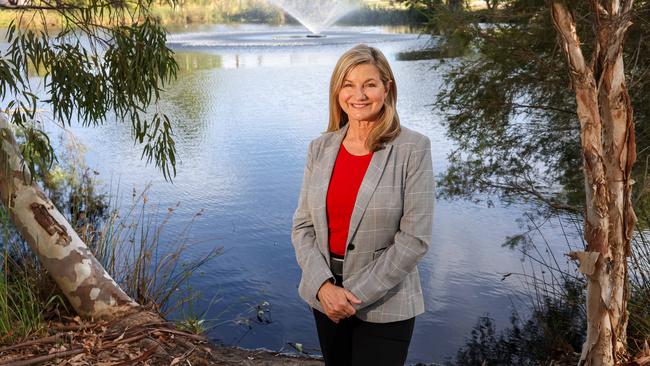
Ms Davies comes to the race with by far the highest profile and the most experience. She spent 16 years in the WA parliament, serving as a minister in the Barnett government and as opposition leader following Mark McGowan’s 2021 landslide.
She announced her planned retirement from state politics in January 2023 but opted to jump into the federal sphere after Bullwinkel was created.
Ms Davies said the prospect of a new challenge, along with the sense she needed to do something in response to the sheep export ban, compelled her to put her name forward. “There’s a saying in my family that ‘if you think you can make a difference, you should’. It’s on my dad’s gravestone, it’s on my pop’s gravestone. It is absolutely something built into the way that I was raised and what’s important to me,” she said.
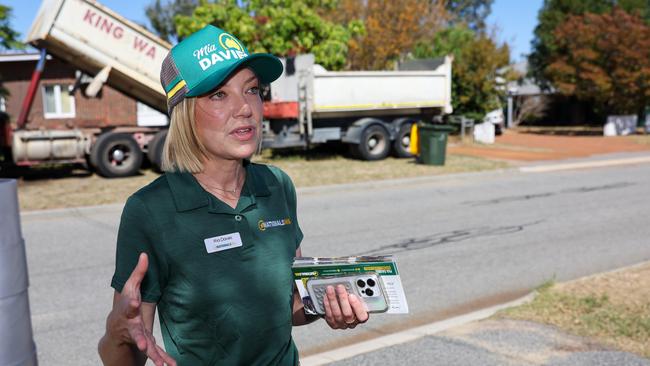
Having spent the past four years watching Labor dominate the WA parliament, Ms Davies says she sees a lot of similarities in the way the Albanese and McGowan-Cook governments conduct themselves.
“They have a similar arrogance and an ideological approach to politics,” she said. “With the federal Labor government, we’ve got decisions like live exports, we’ve seen Nature Positive laws, we’ve seen industrial relations legislation, all of those things adding layers of complexity and challenges to industries that are fundamental to not just the Western Australian economy but also the national economy, and very much driven by east coast thinking.”





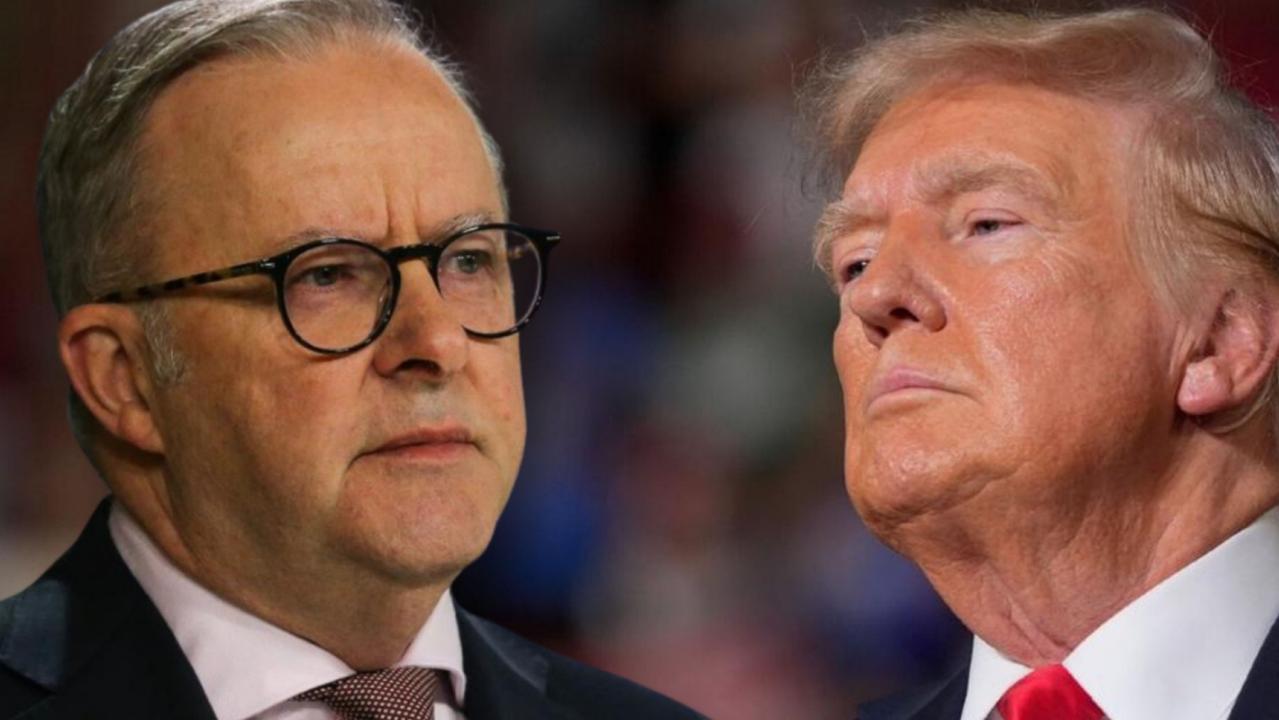

To join the conversation, please log in. Don't have an account? Register
Join the conversation, you are commenting as Logout